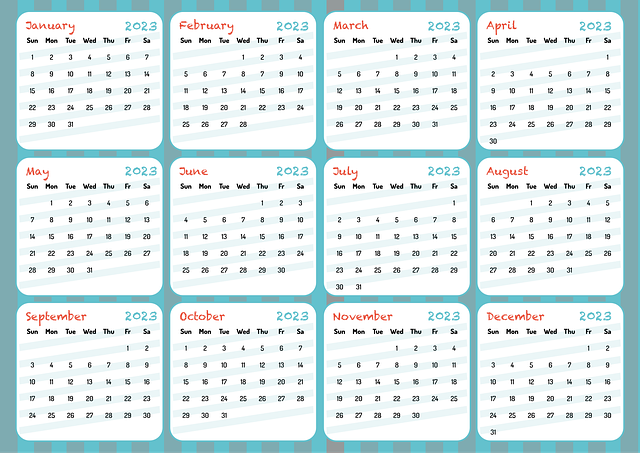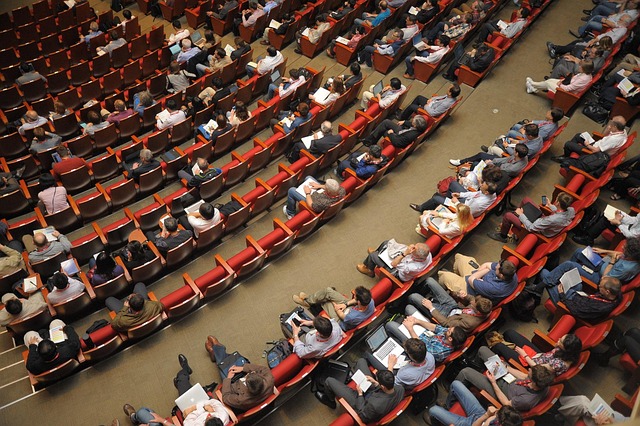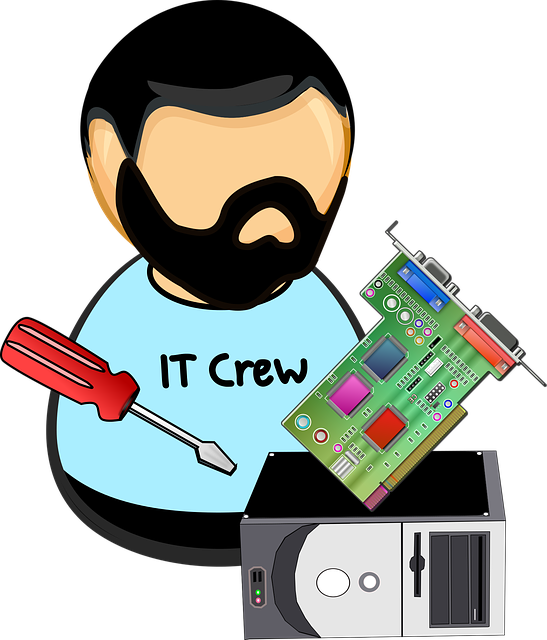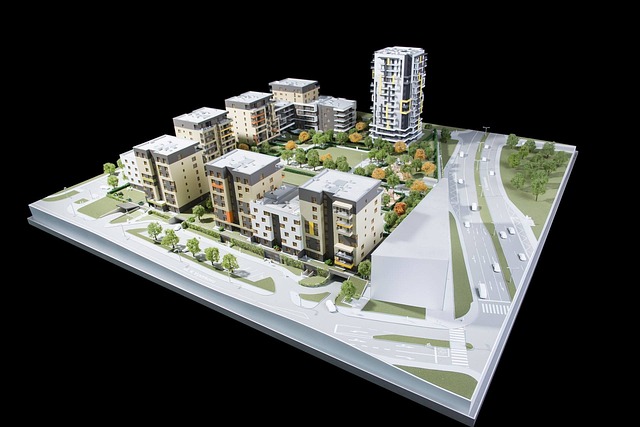Event planning for local businesses thrives on understanding community needs and preferences. Engaging with residents, business owners, and leaders identifies culturally relevant events addressing local challenges. Tailoring events fosters a sense of belonging, encourages participation, and leverages local expertise for impactful experiences. Defining clear goals and aligning planning efforts ensures meaningful events that drive foot traffic, enhance community well-being, and benefit all stakeholders.
Community events are a powerful way for local businesses to connect with their target audience, build brand awareness, and foster a sense of belonging. This guide explores the art of event planning, focusing on strategies tailored to local businesses. By understanding your community’s unique needs, leveraging technology, and implementing effective promotion tactics, you can organize memorable events that engage attendees and thrive in the competitive local market. Discover how streamlined planning and inclusive experiences can transform your business’s relationship with its roots.
- Understanding Your Local Community's Needs
- – Identifying the purpose and goals of community events
- – Researching local demographics and interests
Understanding Your Local Community's Needs

Understanding your local community’s needs is a pivotal step in successful event planning for local businesses. By engaging with residents, business owners, and community leaders, you can identify events that resonate deeply with the community. This involves gauging their interests, addressing cultural celebrations, and recognizing the unique challenges or initiatives within the area. Tailoring your event planning to these insights fosters a sense of belonging and encourages wider participation.
Local businesses play a crucial role in this process by providing resources, sponsorships, and expertise. They can offer insights into what drives foot traffic and engagement during certain times of the year. Collaborating with these businesses not only enhances their visibility but also ensures that events align with practical considerations like venue availability, logistical support, and marketing opportunities. This mutual understanding is key to organizing community events that are both enjoyable and impactful.
– Identifying the purpose and goals of community events

When organizing community events, the first step is to define their purpose and goals. This involves understanding what the event aims to achieve—whether it’s to promote local businesses, foster a sense of community, celebrate a cultural heritage, or raise funds for a worthy cause. Event planning for local businesses should focus on creating opportunities that benefit both the business and the community. For instance, a farmers’ market not only supports local agriculture but also brings people together, enhancing the overall well-being of the neighborhood.
Identifying clear objectives ensures that every aspect of event planning is strategic and aligned with the desired outcome. This includes deciding on the target audience, choosing an appropriate venue, setting a budget, and selecting activities or attractions that resonate with participants. By keeping the purpose and goals in mind, organizers can create meaningful experiences that leave a lasting positive impact on both the community and local businesses.
– Researching local demographics and interests

Understanding your community is key to successful event planning. Researching local demographics and interests allows Event Planning for Local Businesses to create gatherings that resonate with attendees. By delving into data on age groups, cultural backgrounds, and hobbies, organizers can tailor activities and themes that attract a diverse yet engaged crowd. For instance, a bustling metropolis might benefit from events showcasing various cuisines, while a quieter suburban area may prefer outdoor activities and community gatherings focused on nature.
This initial step is crucial for fostering a sense of belonging and ensuring the event’s success. It helps in making informed decisions about venue selection, marketing strategies, and the overall experience, ultimately enhancing participation and satisfaction among local business owners and their customers alike.
Community events are a powerful tool for local businesses to engage with their target audience. By understanding the demographic makeup and varied interests of your community, you can organize events that cater to specific needs and foster a sense of belonging. This strategic approach to event planning not only strengthens community bonds but also positions local businesses as integral parts of the fabric, driving sustainable growth and success in today’s competitive landscape.














